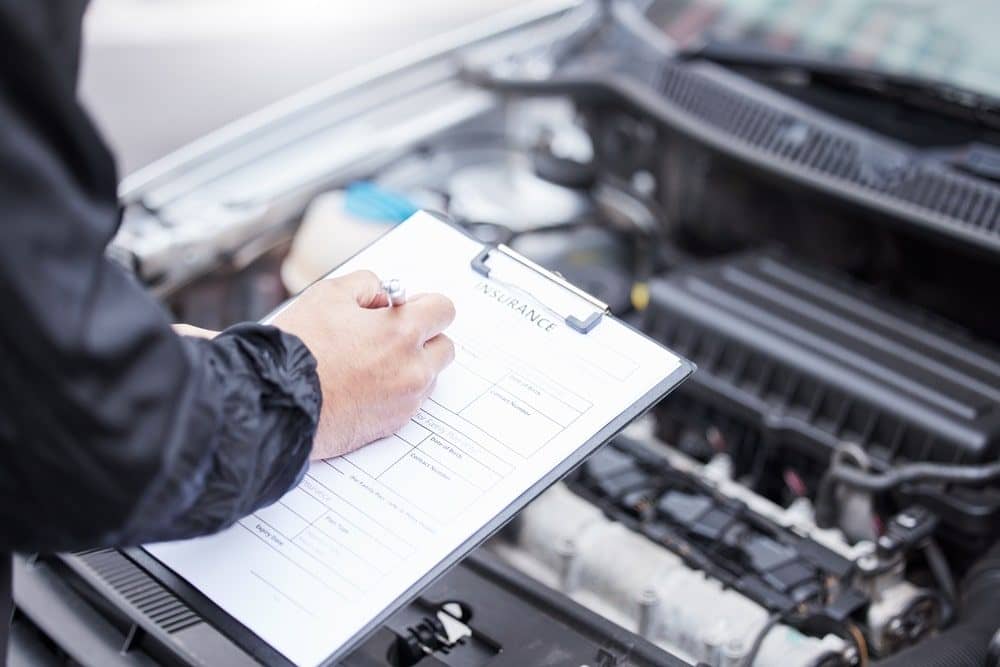If you get in a car accident in Wisconsin, you may have many things on your mind in those first few moments after the crash. Understanding when to report a car accident is important for every driver to help protect their legal rights.
Gingras, Thomsen & Wachs, LLP, also known as GTW Lawyers, is a leading law firm focusing on personal injury cases, including car accidents. A car accident lawyer from GTW Lawyers can help you with insurance claims and compensation. In this blog post, you will learn when you need to report an accident and more about these legal requirements.
When Do You Need to Report Accidents to the Local Police?
In Wisconsin, you must report an accident to the police for specific scenarios. These include when there is property damage, bodily injury, or a fatality.
Property Damage
Property damage of $1,000 or more must be reported, or if the property damage is $200 or more to government property. You may be wondering how you can tell the cost of the property damage at the accident scene. It is best to err on the side of caution regarding property damage and call for a police officer to fill out a police report. Even in a minor car accident, the police report can serve as valuable evidence for your insurance claim.
Injuries
Regardless of property damage, all injuries to everyone involved need to be reported to the police. This will also be noted in the police reports. Additional documentation for the harm you suffered will be proven by your medical records for the medical attention you seek after the crash.
Fatalities
If someone dies in the car crash, it needs to be reported to be included in the accident report.

When Do You Need to Report an Auto Accident to the Insurance Company for a Car Insurance Claim?
Many accident victims wonder when they must report an accident to the insurance company. Even if a minor accident occurred, you are obligated to notify your insurance company. Your insurance carrier will need this information if the at-fault driver attempts to file an insurance claim.
You may be afraid that your insurance company will increase your insurance rates, but you must notify them after the accident happens. Generally, it is best to alert insurance adjusters on your insurance policy within 24 to 48 hours. If you are seriously injured, you may take more time but the sooner you report to your insurance company, the better. You should not wait a few months since the more time that elapses, the more difficult it will be to get compensation for property damage to your vehicle, medical bills, lost wages, and mental anguish.
The insurance company will need you to report the accident to them to prepare their investigation. Meanwhile, you will want to contact the other driver’s insurance company to file a claim and get the claim process started. The insurance policy of the other driver should cover your medical expenses, property damage, and other losses if they are deemed at fault.
What Happens If You Don’t Report the Accident?
It is imperative that you follow the state’s reporting requirements. This serves as evidence for all parties involved and helps you when you file a claim. Many people mistakenly believe that they do not have to do this for minor accidents. If you did not call the police, you can still do it after the accident date, or you can report it online.
If law enforcement investigates or receives a report of an accident they are required to send a written report to the Wisconsin Department of Transportation within 10 days of the accident. If this report is not made by law enforcement then the operator of a vehicle involved in an accident has 10 days after the accident to send a written report to the Wisconsin Department of Transportation.
Insurance companies are always looking for ways to reduce the settlement check. While you are not obligated to speak to the insurance company of the other driver, you may need to file a claim with them.
What to Do After an Accident Occurs?
After getting medical care and alerting the police, you need to get the driver’s license information and insurance information from the other party. This will be used on your report, even for minor collisions.
Since the other party’s insurer will likely try to use comparative negligence against you to lower the payout, you should speak with an attorney about your accident. GTW Lawyers can help you navigate the claim with the insurer and advocate for your legal rights.




